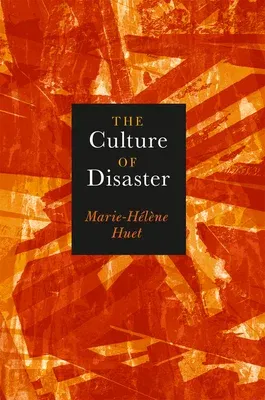Marie-Hélène Huet
(Author)The Culture of DisasterHardcover, 4 October 2012

Qty
1
Turbo
Ships in 2 - 3 days
In Stock
Free Delivery
Cash on Delivery
15 Days
Free Returns
Secure Checkout

Print Length
272 pages
Language
English
Publisher
University of Chicago Press
Date Published
4 Oct 2012
ISBN-10
0226358216
ISBN-13
9780226358215
Description
Product Details
Author:
Book Format:
Hardcover
Country of Origin:
US
Date Published:
4 October 2012
Dimensions:
23.11 x
16 x
2.03 cm
Genre:
French
ISBN-10:
0226358216
ISBN-13:
9780226358215
Language:
English
Location:
Chicago, IL
Pages:
272
Publisher:
Weight:
498.95 gm